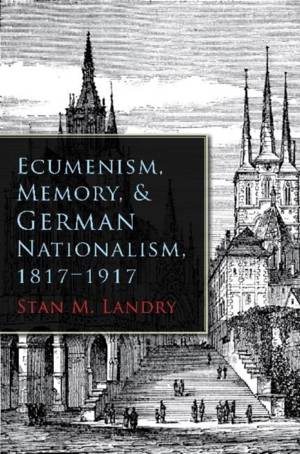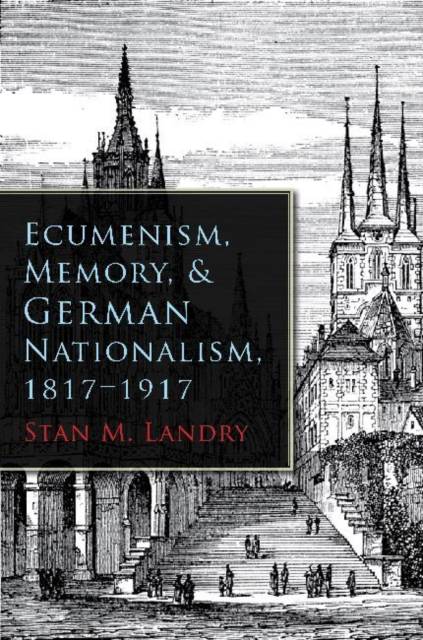
- Retrait gratuit dans votre magasin Club
- 7.000.000 titres dans notre catalogue
- Payer en toute sécurité
- Toujours un magasin près de chez vous
- Retrait gratuit dans votre magasin Club
- 7.000.0000 titres dans notre catalogue
- Payer en toute sécurité
- Toujours un magasin près de chez vous
Description
Ecumenism, Memory, and German Nationalism, 1817-1917, explores the relationship between the German confessional divide, collective memories of religion, and the construction of German national identity. Landry argues that nineteenth-century proponents of church unity used and abused memories of Martin Luther and the Protestant Reformation to imagine German unity during an era when the meaning of the German nation was still hotly contested.
Framed by the third and fourth centennials of the Reformation, this book explores a wide range of primary historical sources at key points of crisis throughout the nineteenth century. Landry demonstrates the frequent appeals made to Germany's famous Protestant history in an attempt to unify the country's churches and, ultimately, the country itself. He argues that in a nation deeply split by religious difference, ecumenism was essential to the unification of the German nation as a whole.Spécifications
Parties prenantes
- Auteur(s) :
- Editeur:
Contenu
- Nombre de pages :
- 208
- Langue:
- Anglais
- Collection :
Caractéristiques
- EAN:
- 9780815633365
- Date de parution :
- 11-02-14
- Format:
- Livre relié
- Format numérique:
- Ongenaaid / garenloos gebonden
- Dimensions :
- 160 mm x 234 mm
- Poids :
- 498 g

Les avis
Nous publions uniquement les avis qui respectent les conditions requises. Consultez nos conditions pour les avis.






